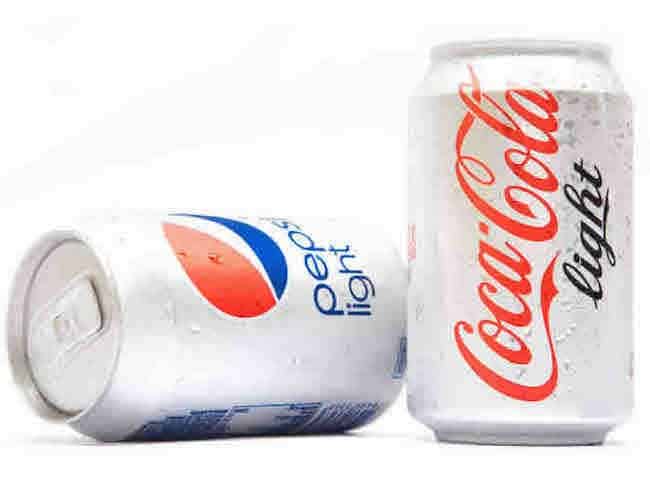
There is no doubt in anyone’s mind that over consumption of regular, sugar-sweetened sodas can lead to weight gain. These drinks have also been associated with development of Type 2 Diabetes and provide little more than calories and fluids in the way of nutritional value. However, for the majority of consumers, diet sodas are perceived as a healthier option that will help the fight against weight gain.
Diet soda is marketed aggressively as being free from, or very low in calories, due to the use of artificial sweeteners instead of sugar. However, despite the name, there is an increasing amount of conflicting evidence as to whether diet sodas help us to lose weight or may in fact have the opposite effect.
The Evidence against diet sodas
One of the most well-known studies was an analysis of more than 5,000 adults participants in the San Antonio Heart Study over seven or eight years. This study found a relationship between those who drank diet sodas and increased weight over time, and that the more diet soda consumed, the greater the weight gain. Interestingly the study also suggested that compared to those who drank sugar sweetened sodas, diet soda drinkers were more likely to be obese.
Another four year study suggested that, compared with non soda drinkers, both those who drank regular soda and diet soda were at a higher risk of developing metabolic syndrome. This is a condition made up of symptoms such as increased waist circumference, high blood pressure, high blood sugar levels and increased blood triglycerides accompanied by lower levels of ‘good’ HDL cholesterol. All of these symptoms are associated with increased risk of type 2 diabetes and heart disease.
It should be noted however, that as both these studies are observational, there may be other dietary and lifestyle factors influencing results that are not accounted for.
The More Positive Research
Despite the abundance of negative research, there have also been suggestions that when used as part of a calorie controlled diet, diet sodas are appropriate. Certainly if a person is drinking a bottle of soda a day, switching to a diet version is likely to have a positive effect on weight. However, there many healthier drink alternatives that do not have so many questions surrounding them.
Many of the studies associating diet soda with weight gain fail to account for the overall dietary habits of participants, thus it is often inconclusive as to if the real cause of weight gain is the diet drink itself.
To address this issue, a study published in the American Journal of Clinical Nutrition, investigated not only soda drinking habits, but also the diet of participants drinking diet and regular soda. Results from this study suggested that those consuming diet soft drinks tended to have a more unhealthy diet, which may contribute to the positive associations between weight gain and diet soda.
The study showed that the healthiest of the participants where those who ate a ‘prudent’ diet, (one high in fruit, vegetables, fish and whole grains), and did not drink any form of soda. The least healthy subjects were those who followed a more ‘Western’ diet, based on processed foods high in fat and sugar. These participants showed an increase risk of heart disease and other risk factors whether they drank diet soda or not.
These finding support the fact that diet soda may be a reasonable way to cut calories, but only when combined with an healthy calorie controlled diet. This is in line with the recommendations of the American Diabetes Association as well as numerous diet programs that suggest diet soda is a valid way to cut calories, but only when a healthy diet is also followed.
Effect of Diet Drinks on Eating Behaviour
Although there is evidence suggesting that diet sodas are associated with weight gain, there is also some research suggesting that as part of a calorie controlled diet, diet sodas can be included in a successful weight loss regime. It is possible that many of the people drinking diet soda on a regular basis are also consuming high fat and calorie diets. Many people are of the mindset that if they save calories by choosing diet soda, they can indulge elsewhere, leading to overeating and weight gain.
It has also been suggested that consuming diet sodas, or other products sweetened artificially can increase craving for sweet foods. The body may not be able to differentiate between sugar and other sweet products, and thus when it tastes something sweet, it expects a hit of sugar in the blood stream. When this does not occur, it can leave us craving high sugar foods. If we give in to these cravings, weight gain is likely. This theory is supported by research carried out in animal models, but further investigation is required to confirm if this is the case in humans.
Healthy Alternatives to Diet Soda.
While the evidence relating diet soda and weight gain is conflicting and confusing, there is no doubt that there are healthier alternatives to both regular and diet soda.
- Water: Whilst it might seem boring, this calorie free alternative never gets any bad press and should make up the majority of our fluid intake. For something a bit different, flavour your own water with a little lemon juice or fruit slices.
- Tea: Tea provides a range of antioxidants and beneficial nutrients, particularly green tea. Just make sure you are not adding too much sugar and bumping up the calories that way. Drink it hot or iced depending on what you feel like.
- Fruit Juices: Fruit juices provide valuable vitamins unlike sodas. They are however high in calories due to the sugar content, so dilute with soda water to give a refreshing lower calorie drink.
- Vegetable Juices: Lower in calories than fruit juices, these are packed full of nutrients and can also be diluted to further reduce calories
- Low fat milk and soy milk: Whilst these should not be your main source of fluids due to the reasonably high calorie count, they do make a nutrient packed alternative once in a while. High in calcium and vitamins as well as protein, milk can also help you stay fuller for longer.
References used in this article


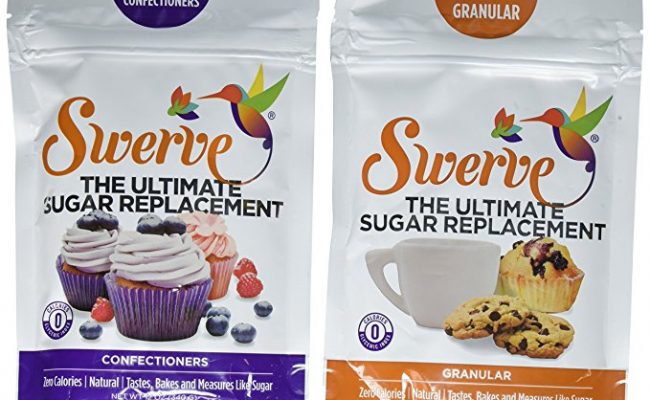
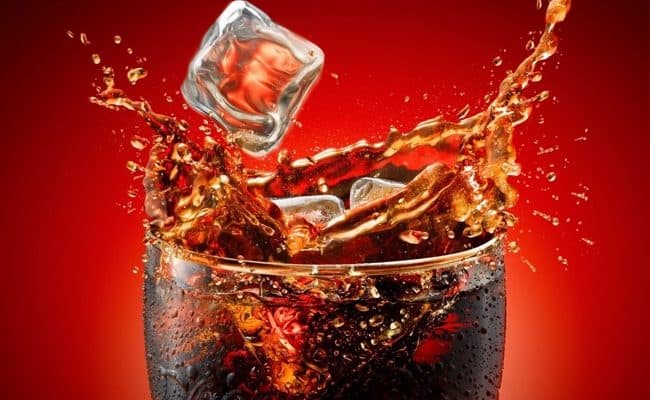
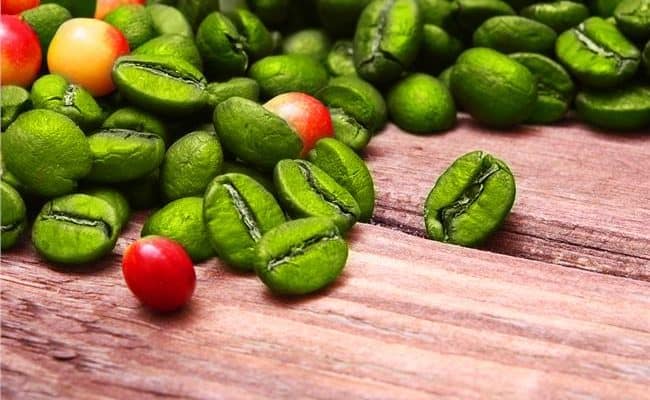
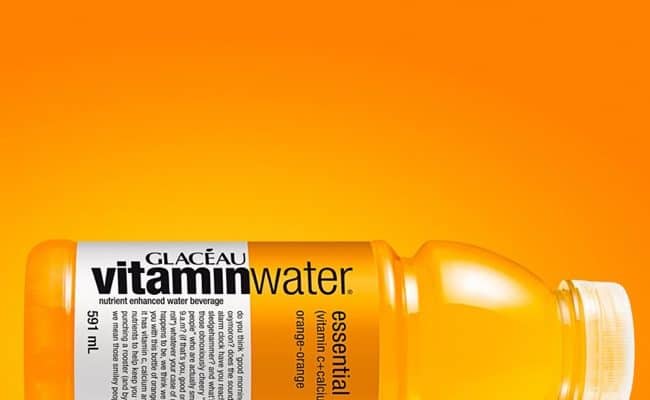

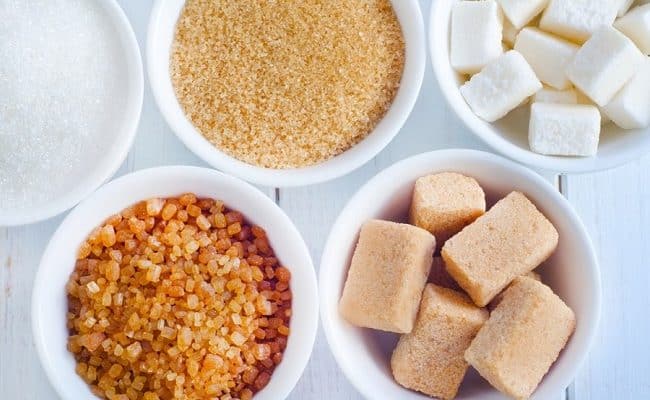
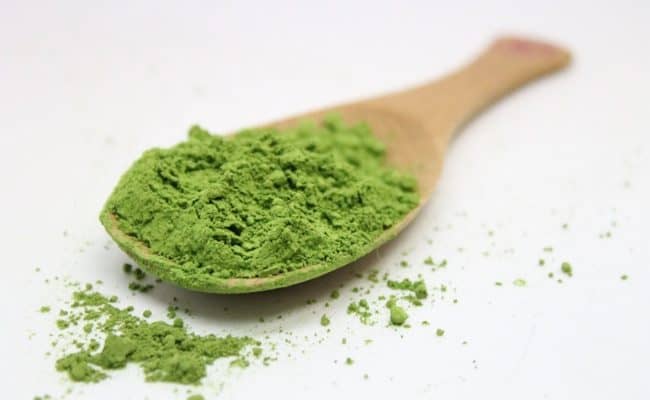


Lesli Singh says
The comments regarding animal studies suggesting a link between a ‘sugar craving’ and diet drinks are fascinating. Surely it would be useful to look at type 1 diabetics who obviously have to drink diet sodas and see if they have noticed this and if yes, how they have overcome these cravings.